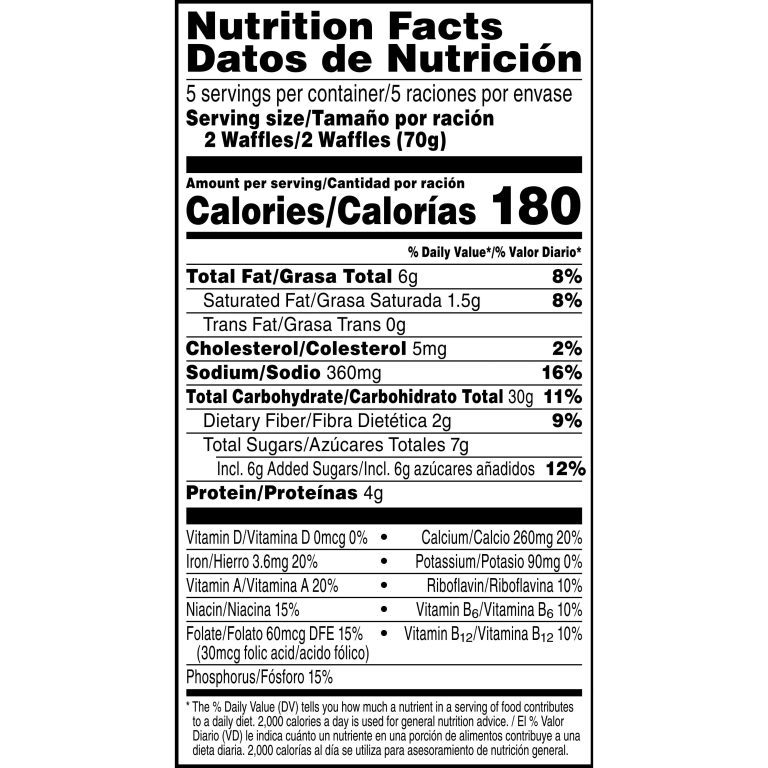Harvester Nutrition
Harvester Nutrition: Fueling Your Body for Success
You wake up early, put on your work boots, and head out to the fields. As a harvester, you know that your job is physically demanding and requires stamina, strength, and focus. But did you know that what you eat plays a crucial role in your performance? Proper nutrition is essential to fueling your body for success. In this article, we will explore the importance of harvester nutrition and provide you with tips on how to optimize your diet for maximum energy and productivity.
The Importance of Harvester Nutrition
As a harvester, you spend long hours in the fields, exposed to the elements and engaged in physically demanding tasks. You need to be at the top of your game to ensure a successful harvest. This is where proper nutrition comes into play. The food you eat serves as fuel for your body, providing the energy and nutrients necessary for optimal performance. Here are a few reasons why harvester nutrition is so important:
1. Energy Levels: Harvesting is physically demanding work that requires a lot of energy. Eating a balanced diet rich in carbohydrates, proteins, and healthy fats will provide your body with the fuel it needs to power through long hours in the field.


2. Muscle Strength and Endurance: The repetitive nature of harvesting tasks can be strenuous on your muscles. Consuming protein-rich foods, such as lean meats, poultry, fish, and legumes, helps repair and build muscle tissue, improving strength and endurance.
3. Mental Focus: Harvesting requires not only physical but also mental stamina. Certain nutrients, such as omega-3 fatty acids found in fatty fish and antioxidants found in fruits and vegetables, are known to support brain health and improve cognitive function.
4. Immune Function: Working outdoors exposes you to various environmental factors that can weaken your immune system. Eating a nutrient-dense diet, including plenty of fruits and vegetables, helps boost your immune system, reducing the risk of illnesses and keeping you healthy and productive.
Nutrients for Harvesters
Now that we understand the importance of proper nutrition for harvesters, let’s delve into the specific nutrients that should be a part of your diet:
1. Carbohydrates
Carbohydrates are the primary source of energy for your body. Opt for complex carbohydrates, such as whole grains, brown rice, and oats, as they provide a slow and steady release of energy, keeping you feeling full and energized throughout the day. Avoid sugary snacks and refined grains, as they can lead to energy crashes and cause weight gain.
2. Protein
Protein is crucial for muscle repair and growth. Include lean sources of protein in your diet, such as chicken, turkey, fish, tofu, eggs, and legumes. Aim for at least 20-30 grams of protein with each meal to support muscle recovery and prevent muscle breakdown.
3. Healthy Fats
Don’t be afraid of fats! Healthy fats, such as those found in avocados, nuts, seeds, and olive oil, are essential for brain health, hormone production, and overall well-being. Incorporate these fats into your diet to boost your energy levels and maintain optimal health.
4. Fruits and Vegetables
Fruits and vegetables are packed with vitamins, minerals, and antioxidants that support overall health and immune function. Aim to fill half of your plate with colorful fruits and vegetables at each meal. They provide essential nutrients that keep you healthy, aid in recovery, and reduce inflammation.
5. Hydration
Staying hydrated is vital for performance and recovery. Drink water throughout the day, even if you don’t feel thirsty. Avoid excessive intake of sugary drinks or caffeinated beverages, as they can lead to dehydration and energy crashes.
Frequently Asked Questions
Q: Should I eat before or after work?
A: It’s important to fuel your body properly both before and after work. Eating a balanced meal or snack before work can help provide sustained energy during your shift. Post-work meals or snacks should focus on replenishing nutrients and aiding in muscle recovery.
Q: How can I fit in healthy eating with a busy schedule?
A: Meal planning and preparation are key when working long hours. Take the time to plan your meals and snacks in advance, and prepare nutritious options that are easy to grab on the go. This will ensure that you have healthy options readily available, even when time is limited.
Q: Are supplements necessary for harvesters?
A: While a well-balanced diet should provide you with all the necessary nutrients, certain situations may warrant supplements. Consult with a healthcare professional to determine if any supplements, such as vitamin D or omega-3 fatty acids, would be beneficial for your specific needs.
Final Thoughts
As a harvester, your nutrition plays a vital role in your performance and overall well-being. By fueling your body with the right nutrients, you can optimize your energy levels, strength, focus, and immune function. Remember to prioritize a balanced diet rich in complex carbohydrates, lean proteins, healthy fats, fruits, vegetables, and hydration. Take care of your body, and it will take care of you, leading to a successful and fulfilling harvesting season.







